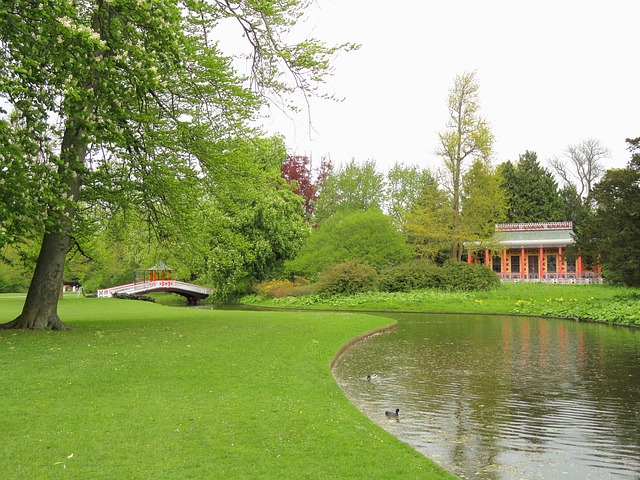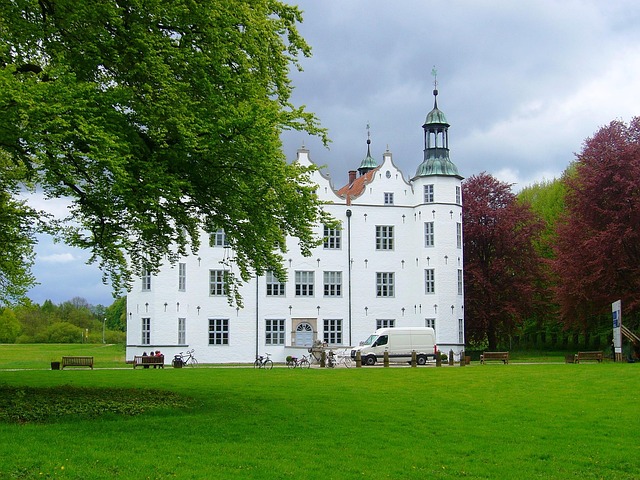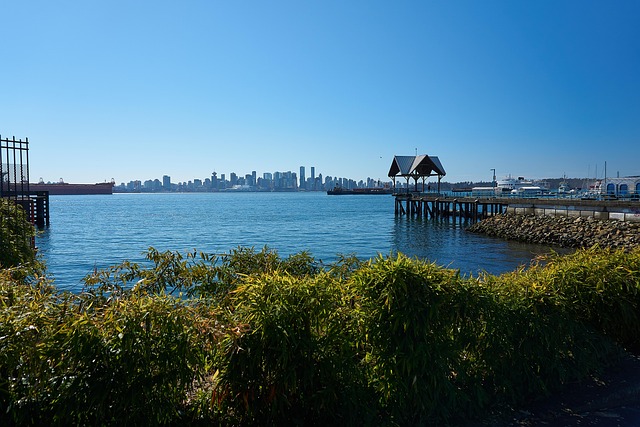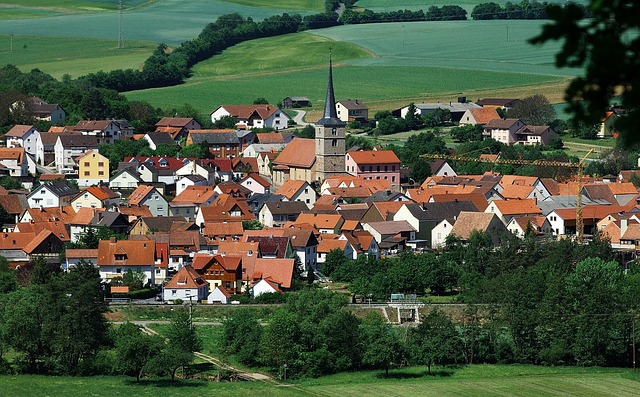In today's digital era, navigating green building codes in real estate is mandatory, not optional. Developers and builders must comply with local and national standards promoting sustainable practices, focusing on eco-friendly materials, energy efficiency, and water conservation to create healthier spaces, reduce environmental impact, and gain competitive advantages like higher property values and enhanced brand images among eco-conscious consumers. Staying informed about evolving regulations is crucial for compliance and market success.
In today’s eco-conscious world, sustainable construction aligns with growing real estate trends and regulatory demands. This article delves into three crucial aspects of this evolution: understanding green building codes specific to real estate, exploring legal perspectives on integrating eco-friendly practices, and navigating regulatory compliance for sustainable construction projects. By adhering to these guidelines, developers and investors can not only meet environmental standards but also capitalize on the increasing demand for energy-efficient and eco-conscious properties.
Understanding Green Building Codes in Real Estate

In the realm of real estate, understanding and adhering to green building codes is no longer an option but a necessity. These regulations, designed to promote sustainable construction practices, are gaining momentum worldwide. Developers and builders must familiarize themselves with local and national standards that govern the use of environmentally friendly materials, energy-efficient designs, and water conservation methods. By embracing these codes, real estate professionals can contribute to creating healthier living spaces while minimizing the sector’s environmental footprint.
Navigating green building codes involves a deep dive into specific requirements tailored to each region. These may include guidelines for improving indoor air quality, managing construction waste, and integrating renewable energy sources. Staying abreast of evolving regulations is crucial to ensuring compliance and staying ahead in the market. Real estate investors and developers who actively engage with these codes can anticipate higher property values, increased tenant satisfaction, and a positive brand image among environmentally conscious consumers.
Integrating Eco-Friendly Practices: A Legal Perspective
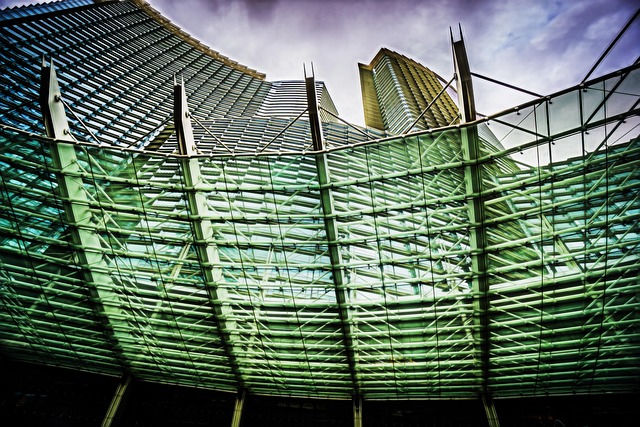
Integrating eco-friendly practices into construction projects is no longer a niche consideration but a legal requirement in many jurisdictions. The real estate industry faces increasing pressure to adopt sustainable building methods, as environmental regulations become more stringent. Developers and builders must navigate a complex web of local, regional, and national laws to ensure their projects comply with green standards. These regulations often mandate the use of environmentally friendly materials, efficient energy systems, and water conservation measures.
From a legal perspective, staying informed about evolving eco-friendly mandates is crucial for real estate professionals. Non-compliance can result in hefty fines and legal repercussions. By embracing sustainable construction practices, developers can future-proof their investments, attract environmentally conscious tenants or buyers, and contribute to a greener built environment. This shift towards sustainability not only benefits the planet but also offers competitive advantages in the real estate market.
Regulatory Compliance for Sustainable Construction Projects
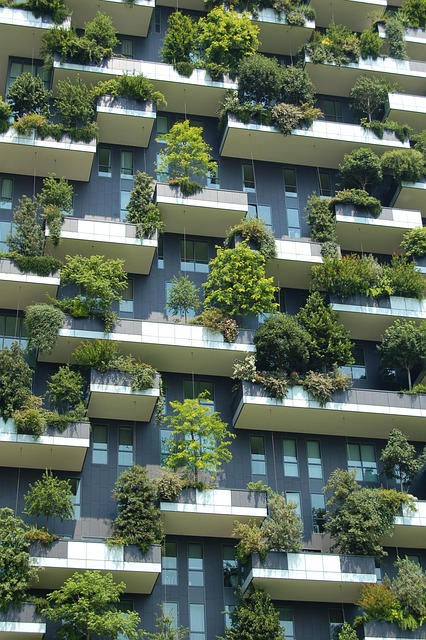
In the realm of real estate, sustainable construction practices are not just a trend but a necessity, increasingly mandated by regulatory bodies worldwide. These regulations aim to reduce the environmental impact of buildings throughout their lifecycle, from planning and design to construction and operation. Developers and builders must navigate a complex web of standards and guidelines that vary based on location and project type. Compliance is crucial not only for avoiding legal repercussions but also for securing incentives and grants designed to promote eco-friendly development.
Regulatory compliance for sustainable construction projects involves understanding and adhering to local building codes, energy efficiency standards, water conservation measures, waste management protocols, and air quality guidelines. Additionally, many regions have specific requirements for using locally sourced materials, implementing green roofing practices, or incorporating renewable energy sources. Staying informed about these regulations is essential for ensuring that real estate developments not only meet sustainability goals but also comply with legal mandates, fostering a more environmentally conscious industry.
